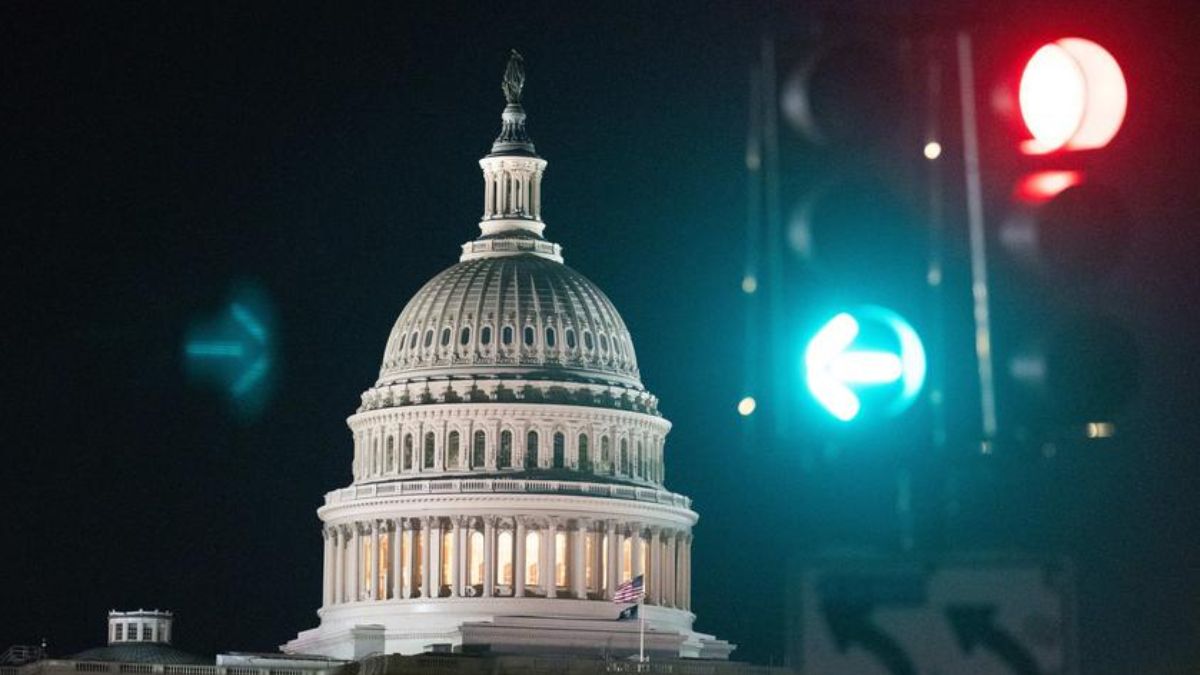U.S. lawmakers have recently ramped up anti-China legislation, with over 20 bills introduced in the Republican-controlled House of Representatives last week, according to reports. The legislative actions, driven by a desire to appear tough on China, come ahead of the 2024 elections as politicians seek to gain favour with voters by taking a hardline stance.
Media outlets have noted that these legislative efforts are more about election posturing than strategic diplomacy. Analysts have highlighted the growing divide in Washington, where some officials call for stabilising relations with Beijing, while others push for laws that aim to decouple the two nations. One such proposal seeks to reinstate the controversial Trump-era China Initiative, despite its previous criticism as a “witch hunt” against Asian scholars.
While most of these bills are unlikely to pass, they still serve a political purpose. Experts argue that introducing such legislation is a way for lawmakers to claim they are addressing concerns related to China, even if the proposals have little impact.
Observers have pointed out that this approach could have far-reaching consequences. With U.S. industries heavily reliant on Chinese imports, especially in the technology and green energy sectors, attempts to sever economic ties may ultimately harm American competitiveness. The White House has already signalled its opposition to certain measures, warning that further decoupling could disrupt supply chains and inflate prices for consumers.
As the U.S. continues to navigate its complex relationship with China, critics argue that focusing on inflammatory rhetoric instead of meaningful dialogue risks undermining global stability and cooperation.
Credit: Xinhua News Agency

